Why Americans Don't Feel Free to Speak Their Minds
We're in an epidemic of self-censorship.
by Lee Jussim Ph.D. | Reprinted from Psychology Today with permission
Self-censorship refers to a refusal to produce, distribute, circulate or express something out of fear of being punished for doing so. Self-censorship is different than tact or discretion. Fear of punishment is not involved. But if one shuts up out of fear of being harassed, bullied, shamed, or fired, this is indeed self-censorship.
Recent Data
Recent research from several sources shows “Americans are self-censoring at record rates.” The quote is taken from a report [1] of results from surveys conducted since 1954. Results indicate the proportion of people who reported self-censoring now more than in the past.
Source: Gibson & Sutherland, 2021, used with permission
To quote the authors: “This trend is worrisome on its face. In comparison to the McCarthy era, it is ghastly.” They go on to conclude that attempts to deny the existence of cancel culture and its consequences are thoroughly refuted by these data. They also found this problem gets worse as education increases (full report here). Twenty-seven percent of those without a high school degree, but 45% of those with a college degree said they do not feel free to speak their minds.
This recent survey found even more disturbing numbers. Sixty-two percent of Americans say they are afraid to share their political views with others.
Source: Lee Jussim
You might think that, of all places, college campuses, with their ostensible commitment to learning, open-mindedness, and free inquiry would be “safe spaces” for truth-seeking, even regarding controversial topics. But if you thought that, you couldn’t be more wrong.
One study found that 60% of American college students surveyed reported that they do not feel comfortable expressing their views on campus, especially if they are in the political minority.
Two independent surveys conducted in the UK (here and here) found that 40%-50% of college students surveyed say they are afraid to express their views (and this problem is more acute among Conservative-supporting than Labour-supporting students).
Perhaps surprisingly, the problem appears to be even more acute among faculty than among students. This survey revealed:
1. Disturbing levels of willingness on the part of progressive academics in the social sciences and humanities (SSH) to punish their colleagues for holding non-progressive views (circled in red). Faculty on left; graduate students on right.
Source: Eric Kaufmann, used with permission
2. Not surprisingly, the survey revealed high levels of self-censorship across the board but especially among non-left faculty:
Source: Eric Kaufmann, used with permission
And no wonder academics are terrified to speak their minds on controversial social and political issues. Academia's once-core value, academic freedom, is being corroded by faculty and administrative support for censorship and thought-control. Universities and academic departments are also systematically failing to ensure that academic freedom is protected or even that faculty understand what those freedoms are.
Why? The Lurid Appeal of Authoritarianism
I suspect that many people fail to understand the lurid appeal of authoritarianism. A poisonous brew of self-interest, moral certainty, and tribal loyalties can combine for people to support authoritarianism, to want it. The psychology goes something like this:
"I’m right, my group is (morally, politically, racially, religiously, or ethnically) superior, and, together, we can crush depraved animals* such as you."
*Other demonization terms also can work here.
This can be easily seen from two items commonly used to measure authoritarianism in the political psychology research literature.
Right-wing authoritarian question:
Once our government leaders give us the “go ahead," it will be the duty of every patriotic citizen to help stomp out the rot that is poisoning our country from within.
Left-wing authoritarian question:
We need to replace the established order by any means necessary.
Of course, people in the democratic West rarely explicitly identify as authoritarians. They usually identify as decent, moral people doing what is right, or necessary. This psychology continues, though this part is usually left unsaid:
It's just the cherry on top if, after taking your rights, I am able to exploit your labor or body (slavery), or take your home (after exiling or killing you) or your job (after getting you fired), or simply enhance my status (by social praise and rewards) for my courage in denouncing and punishing depraved people like you.
Of course, moral depravity does exist (murder, rape, child abuse, enslaving people) and warrants punishment. But authoritarianism does not stop there. It punishes people simply for being members of the wrong group or for holding the wrong ideas.
Whether the dogma is religious (Spanish Inquisition, witchhunts of the 17th and 18th centuries), political (Communism, fascism), racial (slavery), or ethnic (ethnic cleansing), this poisonous brew of moral certainty, tribalism, and self-interest, time and time again, produces humanitarian nightmares, up to and including mass murder and genocide on unimaginable scales.
When one steps back and examines these movements from a distance, their horrors are obvious. But this raises the question, “Why are they so recurrent?” The answer is simple: People like and support such movements in large numbers. Why that is the case is beyond the scope of this essay, but it is clear that many people like authoritarianism whether or not they embrace that self-description.
Authoritarianism and Self-Censorship
But how is this possible, if such movements create such horrors? One answer is that, as long as one is not the target of such movements — as long as one is not accused of being a witch in 17th-century Britain, or a secret Jew in 16th century Spain, or if one is not an enslaved African in the 19th century American South — life can be pretty good.
It is certainly true that, sometimes, even those completely innocent got caught up in webs of authoritarian oppression (and sometimes in horrific numbers). Nonetheless, one usually had a much better shot at staying under the radar under the Medieval Church, the Spanish fascists, and Mao’s Communists — if one did not challenge the Church, the fascist government, or Mao. For many, usually the vast majority, life goes on under authoritarianism; people hold jobs, play sports, get married, have children.
For some, the psychology was: "These movements are on the right side of history." Even for those who might not have thought so, why rock the boat? Better to keep one’s head down and get on with the business of life than risk being denounced, shamed, or worse.
The modern manifestation of this impulse is to not merely argue with, or even condemn, one’s opponents, but to seek to punish them. This is “cancel culture,” and I have blogged about it here and here. People have been canceled (punished, e.g., by being fired, suspended from university programs, de-platformed, etc.) for things as innocuous as tweeting sociology articles and criticizing the concept of microaggressions.
Source: Lee Jussim
I have previously documented this authoritarian turn in American culture (here and here). Nostalgia for a mythical golden age of free speech is misplaced; free speech has always been contested and restricted to varying degrees in American history. Nonetheless, the general trajectory from the founding of the country through most of the 20th century, though not linear and with outbreaks of backsliding, has been one of increasing cultural and political support and protection of free expression.
From slavery through McCarthyism, it has been, mostly, the American right that had resisted and opposed free and unfettered speech. Whether it was abolitionism, women’s rights, or civil libertarianism, it had been, mostly, the American left that had advanced the cause of individual rights, including free expression. But with the embrace of cancel culture on the left, and the assault on 20th-century liberalism by far-left “critical theories," the civil libertarian version of leftism which had been a bulwark against authoritarianism — against punishing people for expressing their ideas — has been heavily eroded.
Not surprisingly, we now have a culture of censorship — and an epidemic of self-censorship that some have compared to life under Soviet Communism or authoritarian Islamic regimes.
References
1. Gibson, James L., & Sutherland, Joseph L (2020). Americans Are Self-Censoring at Record Rates.
In the Hold my Drink — navigating culture with a chaser of civility, and Counterweight podcast, Episode 67, we speak with Lee Jussim, Chair and Distinguished Professor in the Psychology Department at Rutgers University. Lee shares his thoughts on a growing American illiberalism, the divide in American academia and his own experiences with cancellation. He explains how our polarization is not really ideological but rather affective, which creates new challenges in our discourse. All discussed with a chaser of civility, of course, an Arnold Palmer, Michelada and a scotch on the rocks.
Hold my Drink welcomes all people with all kinds of beverages to join us as we explore the truths of a chaotic and beautiful world, together.
Find us on Apple Podcasts and Spotify, or watch the conversation unfold on YouTube, and follow us on Facebook, Twitter and Instagram.
What Lee is Reading:
One Nation, Two Realities, Morgan Marietta & David C. Barker
Jewish Pirates of the Caribbean, Edward Kritzler
Fellowship of the Ring, J.R.R. Tolkein (reading to granddaughter)
and listening to:
The History of Rome, Mike Duncan
The French Revolution, Mike Duncan
What Jen is Reading:
‘More Weight’: An Academic’s Guide to Surviving Campus Witch Hunts, Quillette, Dorian Abbot
MIT community rallies around Chicago Statement after Dorian Abbot disinvitation, Fire.org, Connor Murnane & Jordan Howell
Report of the Committee on the Freedom of Expression (“Chicago Statement”)
and watching:
Archive81, Netflix
Lee Jussim is a social psychologist and Distinguished Professor at Rutgers New Brunswick’s Psychology Department. He has served as Department Chair twice (2010-2013; 2018-2022). Jussim is a founding member of Heterodox Academy, the Academic Freedom Alliance, and the Society for Open Inquiry in the Behavioral Sciences. His research is on stereotypes, prejudice, and discrimination; political radicalization; and identification and reform of suboptimal scientific practices in social science. His 2012 book, Social Perception and Social Reality received an award from the American Association of Publishers as best book in psychology that year. A Precis (short version) is appearing in Behavioral and Brain Sciences, and can be found here and you can read his blog Rabble Rouser here.
You can find him on Twitter @PsychRabble





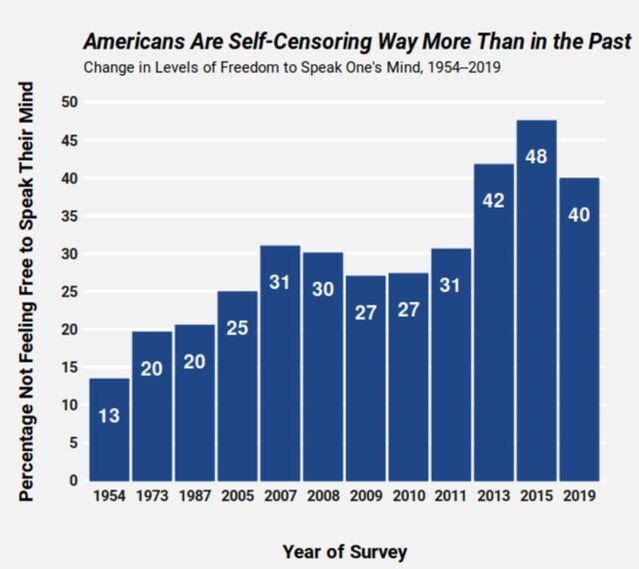

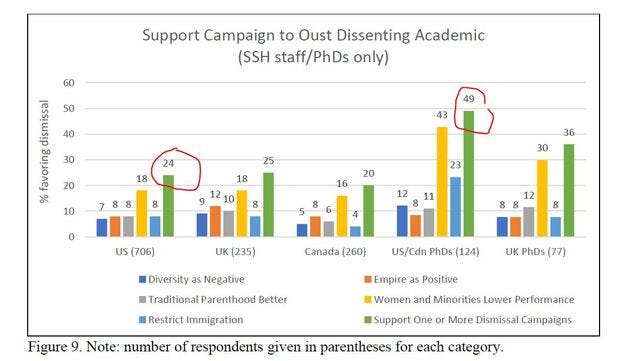
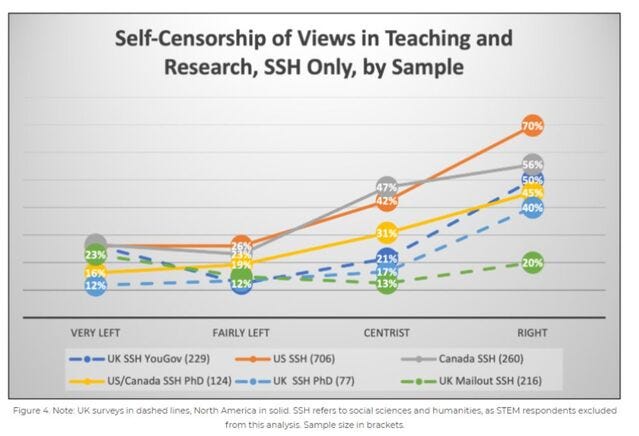
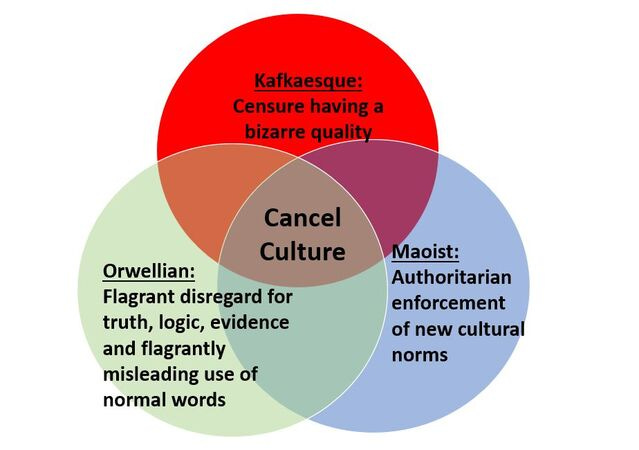









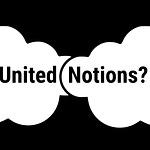
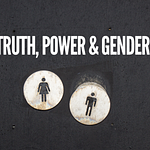
Ep. 67: American Illiberalism | Lee Jussim